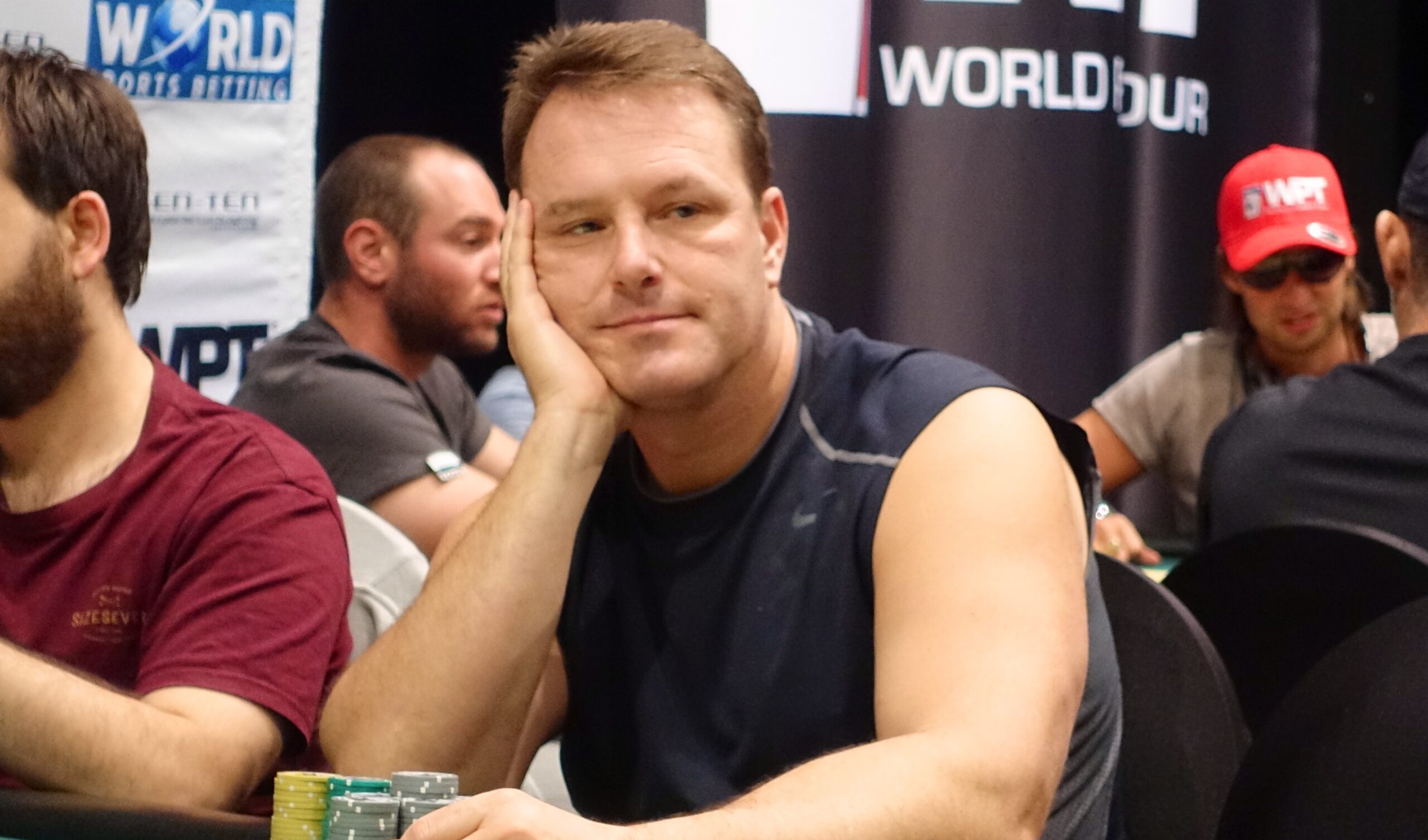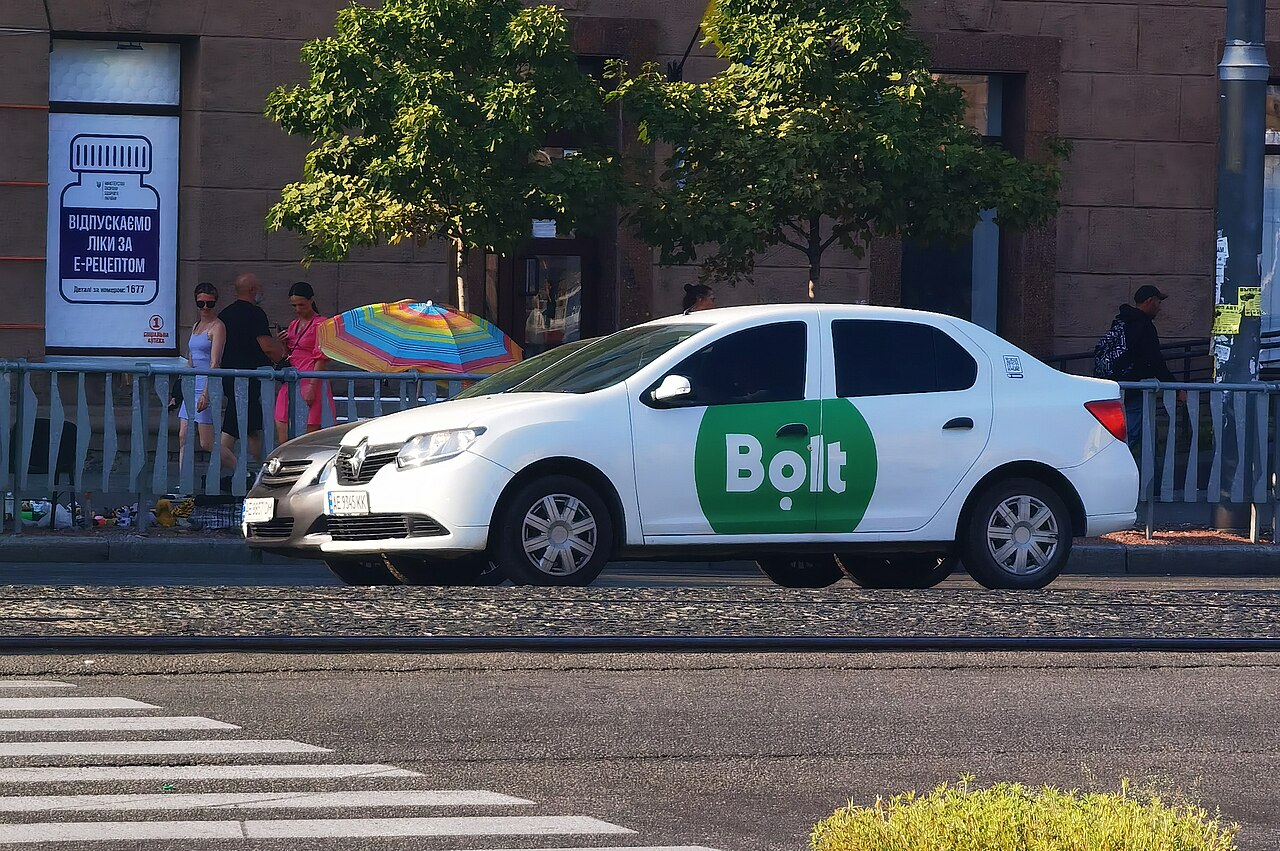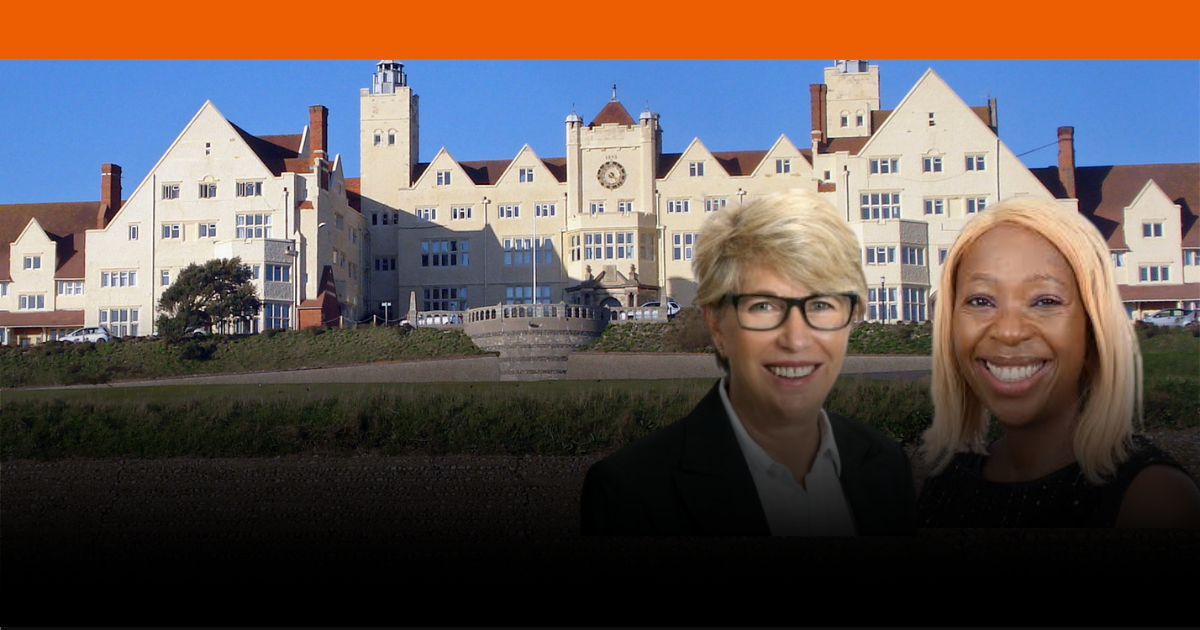The murder of Mark Lifman, a notorious figure in South Africa’s underworld, has left many wondering how a man so well-connected and always surrounded by security could be gunned down in broad daylight. Lifman, 57, was killed on Sunday in the parking lot of the Garden Route Mall in George, in what has been described as a shocking and targeted attack.
While news of his death spreads across the media, the first question on many people’s minds is: who was Mark Lifman?
Lifman was a name known to many, but for all the wrong reasons. A businessman with interests in property, horse racing, and security, Lifman was closely tied to Cape Town’s criminal underworld. Despite presenting himself as a legitimate businessman, Lifman’s connections to organised crime, controversial deals, and a string of legal battles often overshadowed his professional endeavours.
His most notorious link was to the murder of Brian Wainstein, a known international steroid smuggler. Lifman had been accused of masterminding Wainstein’s 2017 murder over business disputes. At the time of his death, Lifman was out on bail for charges related to conspiracy to commit murder and breaching the Prevention of Organized Crime Act (POCA). His life, it seemed, was as dangerous and complicated as it was controversial.
On Sunday, Lifman was shot five times as he stepped out of his vehicle in the parking lot of Garden Route Mall. The gunmen, later identified as Gert Bezuidenhout and Johannes ‘Johnny’ Jacobs, fled the scene, but were quickly apprehended in Uniondale hours later. The fact that Lifman was killed in such a public space, in broad daylight, has raised eyebrows across the country.
Lifman was known to always have a security detail with him. So, how was he so vulnerable? The obvious answer: Lifman’s extensive criminal dealings and his many enemies in the underworld may have finally caught up with him.
Lifman’s involvement in the criminal world was no secret. He was a key player in the Cape Town nightlife scene, controlling security for nightclubs and businesses across the city. He was also part of a group known as the ‘brotherhood,’ a collective that once ruled the city’s underworld. The Brotherhood was thought to include associates such as Sexy Boys gang boss Jerome ‘Donkie’ Booysen who was Lifman’s co-accused in the ongoing murder trial of Brian Wainstein.
Lifman’s legal battles were just as controversial as his criminal connections. In 2005, he was arrested for allegedly sexually assaulting three underage boys, though he was acquitted in 2009. In 2011, Lifman and a business partner faced charges of running an illegal security company, but the charges were dropped in 2015. Lifman was in fact due to take the stand in the Western Cape High Court on Monday for the Wainstein murder trial.
The two men arrested for Lifman’s murder—Bezuidenhout and Jacobs—both had connections to the security industry, which adds another layer of intrigue to the case. One was reportedly a former Special Task Force member in the South African Police Service, while the other worked for a security company where Lifman had once been a director. The suspects are facing serious charges, and their case has been postponed until 13 November for a bail hearing.
Lifman’s murder has shaken the local community in George, where the shooting took place. The brazen nature of the attack has left many in disbelief, but for those familiar with Lifman’s history, it was always a possibility.
Now, the question is: Who ordered the hit, and why? Was it connected to his underworld dealings, or was there another motive? As the investigation unfolds, one thing is clear: Mark Lifman’s death is just the latest chapter in the dangerous and shadowy world of South Africa’s criminal elite. And it’s far from over.




